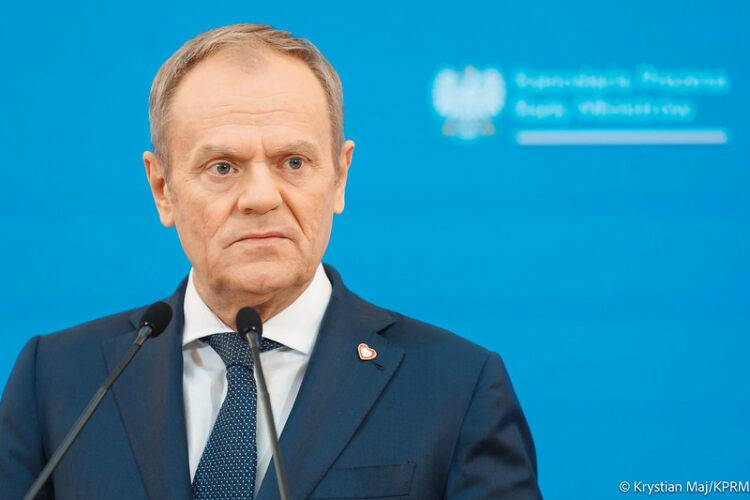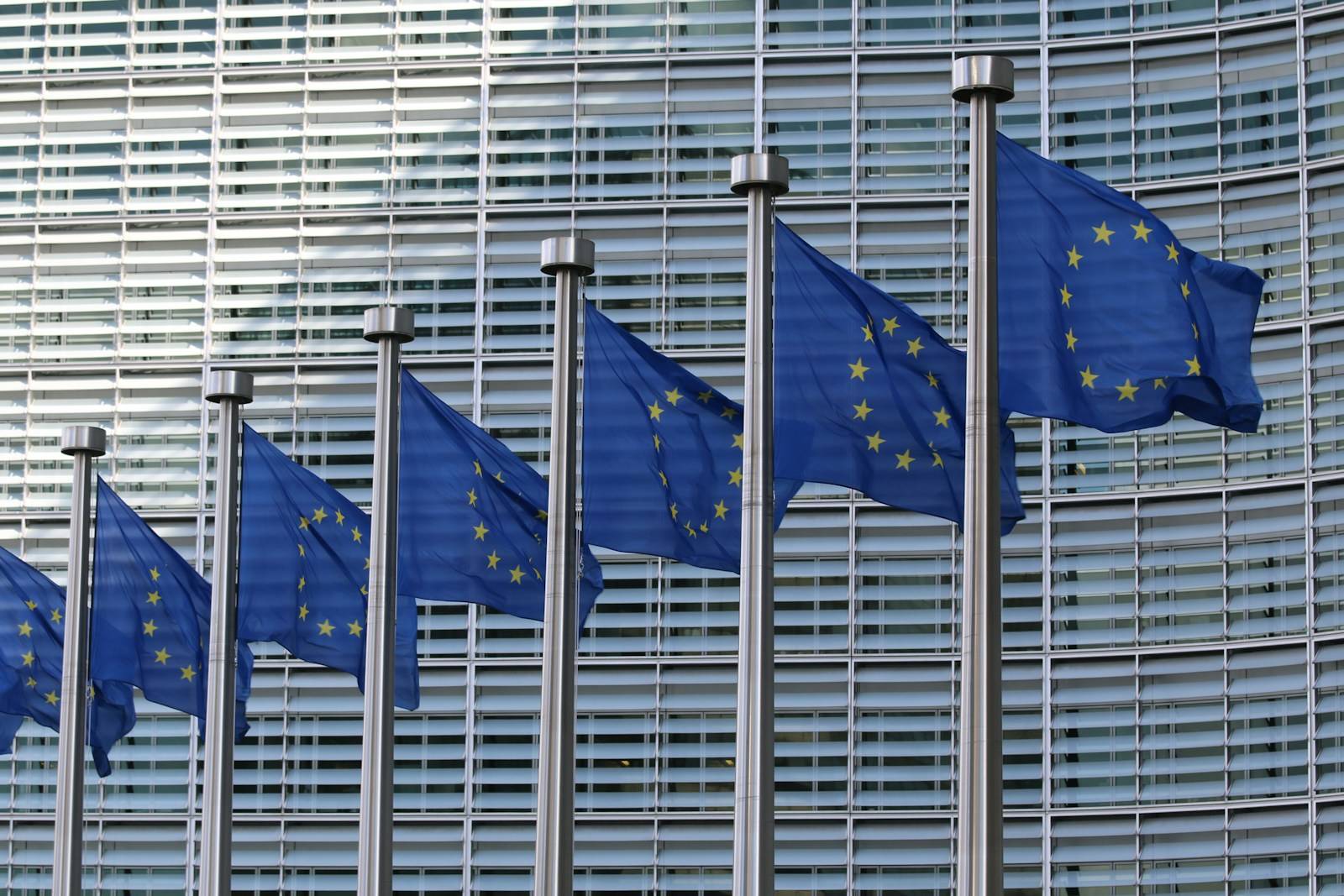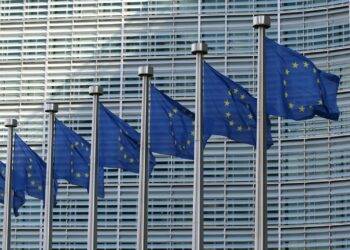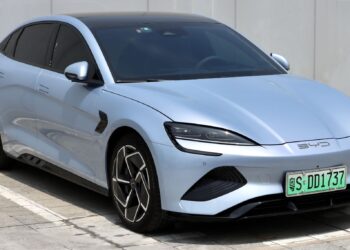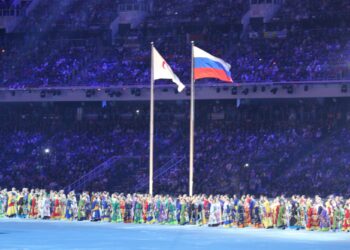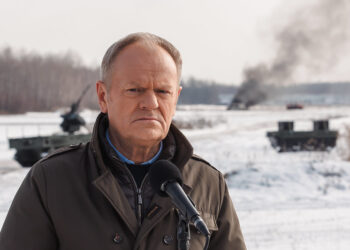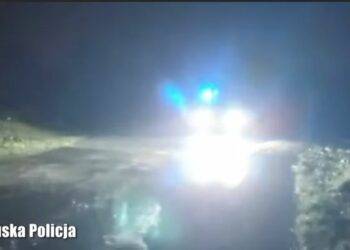Polish Prime Minister Donald Tusk announced on Thursday that the European Union (EU) has gained a full understanding of Poland’s unique migration challenges, following discussions at the European Council summit in Brussels. Tusk emphasized that all participants recognized the need for specific responses to the growing pressures on Poland’s eastern border, which he described as a situation driven by Belarus and Russia’s hybrid tactics.
“This was the first discussion about migration without hypocrisy, where everyone acknowledged the critical nature of the illegal immigration organized by Belarus and Russia,” said Tusk during a post-summit press conference. The prime minister stressed that Poland’s struggle with this issue demands tailored actions, and the EU has acknowledged the severity of the situation.
Tusk expressed satisfaction with the support he received from other EU leaders, particularly regarding Poland’s autonomous decisions to secure its borders. He revealed that French President Emmanuel Macron even offered assistance, including a potential visit to observe Poland’s eastern border and assess the situation firsthand.
Despite the positive reception, no definitive decisions were made regarding the EU Migration Pact. The agreement, scheduled for full implementation by 2026, remains a contentious topic among EU nations. Tusk pointed out that while some provisions of the pact are incompatible with Poland’s current circumstances, there was a clear understanding that the situation along the Polish-Belarusian border requires a different approach.
The growing migration crisis in Europe, particularly in Germany, has heightened the urgency for solutions. Tusk noted that Germany, which faces 200,000 illegal migrants annually, is also feeling the weight of migration pressures. He remarked that EU states now realize that traditional migration policies are no longer effective in the face of overwhelming numbers.
In a move that reflects Poland’s hardened stance on migration, Tusk stated that Warsaw’s tough migration policies have now become mainstream within EU discussions. This shift in attitudes was reflected during the summit, where even more liberal EU members acknowledged the need for stricter measures.
The summit also addressed Ukrainian President Volodymyr Zelensky’s “Victory Plan” for ending the war with Russia, which includes Ukraine’s aspirations for NATO membership. While not all EU leaders were fully aligned on this vision, Tusk reaffirmed Poland’s unwavering support for Ukraine, recalling the country’s long-standing backing of Ukraine’s NATO ambitions.
EU leaders also demonstrated solidarity with Poland and other member states affected by migration weaponization from Belarus and Russia. The summit’s conclusions underscored the EU’s commitment to protecting its external borders using all available measures, while ensuring compliance with EU and international law.
Although the migration debate remains unresolved, Tusk successfully positioned Poland’s challenges at the center of EU discussions. This outcome highlights the growing recognition across Europe that new strategies are needed to combat the evolving threats posed by migration and hybrid warfare.
You may also be interested in
Muslim Prayer Centre Plan in Kraków Housing Estate Sparks Local Backlash and Political Uproar
A plan by an Islamic foundation to open a Muslim prayer and community center inside a residential block in Kraków…
Poland Steps Into Inner Circle of EU Decision-Makers With ‘Big Six’ Role
Poland has joined a new inner circle of the European Union’s biggest economies, a move hailed in Warsaw as a…

